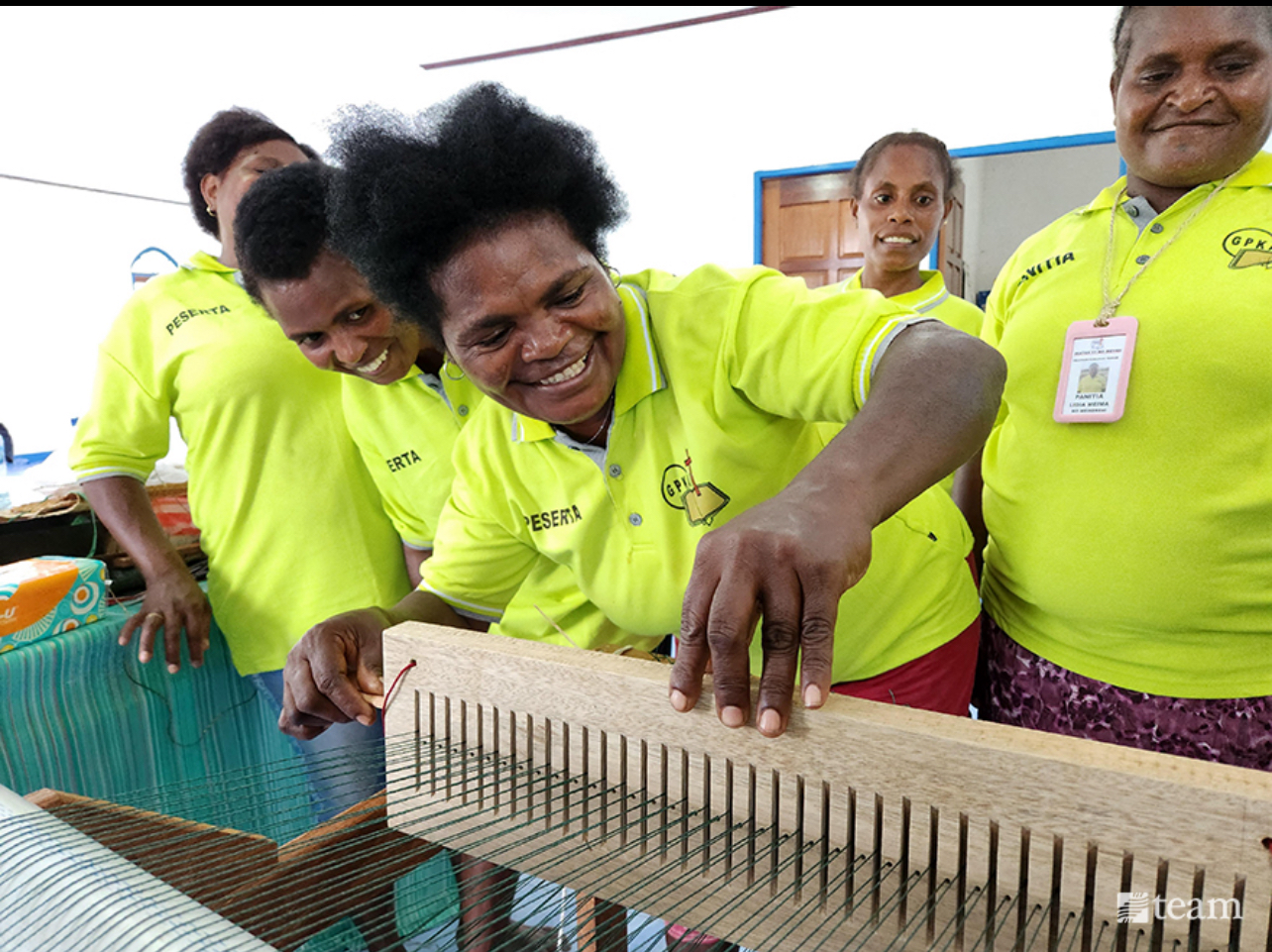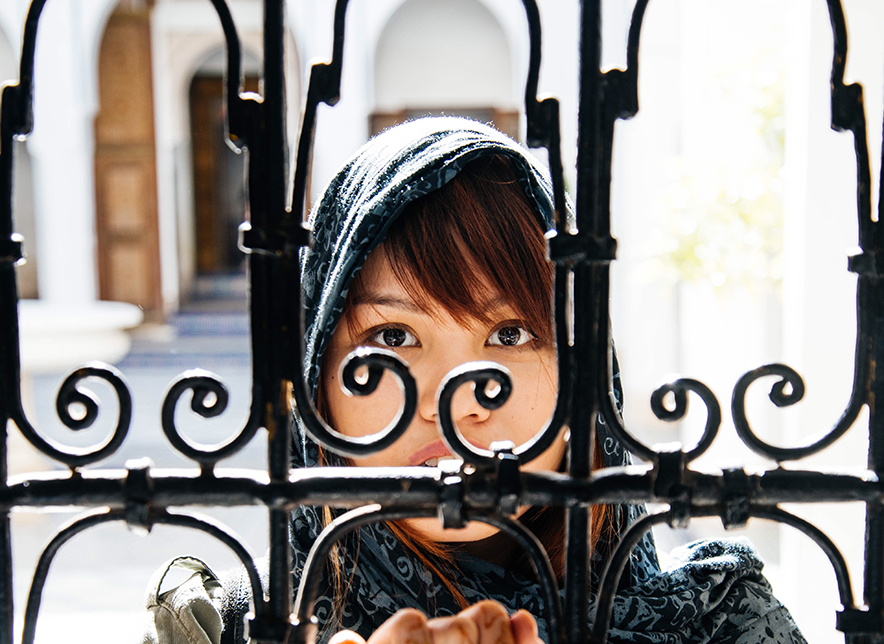
Prayer Focus
Missionaries with Chronic Health Problems Need Your Prayers
July 1, 2021
by Mark Watson

When Noelle and Lee* sensed God calling them to Italy, they put out a fleece. Noelle has an autoimmune disorder that requires treatment every six weeks. If God provided a place for treatment, they would move forward.
“He provided, so we came,” Noelle says.
The treatment wasn’t local, but it was doable. Every six weeks, Noelle travelled to Germany for blood product infusions that keep her immune system from attacking itself. Thankfully, travel among European countries was easy.
Then COVID-19 began to spread. Borders closed.
“Without this treatment, I can deteriorate very quickly,” Noelle says. “It was a bit frightening when I realized I needed treatment but I couldn’t get to Germany.”
While Noelle’s condition is rare, her story isn’t. Around the world, missionaries live and serve with chronic conditions, navigating foreign health systems, far from family and friends.
Noelle’s doctor helped find an Italian medical team who learned how to provide Noelle’s treatment. Ultimately, their kind, compassionate care has been an unexpected blessing. Still, Noelle knows this won’t be the last challenge her condition brings.
Will you pray with us for Noelle and other missionaries living with chronic health conditions? Let’s ask for God’s grace, provision and healing in their lives.
1. Ask God to provide the right doctors and access to medical necessities.
Some missionaries go abroad knowing they need special care. Others only find out on the mission field.
Ellen was living an active, healthy lifestyle in a rural, Asian village when she started having increased leg pain and decreased mobility. In her research, she discovered that she had been suffering from an undiagnosed disorder, lipedema, since puberty.
Proper treatment involved a trip back to the United States, as well as ongoing self-care. Maintenance for Ellen’s condition requires compression garments, CBD oil, and fresh fruits and vegetables — all things that are hard or impossible to obtain in her remote village. In order to keep serving, Ellen has to bring supplies back from the U.S. and get adequate fresh foods during her trips to the city.
Please ask God to provide all that missionaries need to continue serving, despite their health conditions. Pray for referrals to doctors who will be understanding and clear communicators.
2. Pray for wisdom in choosing responsibilities and creating time to rest.

Ask God to give missionaries and their doctors wisdom as they determine what activity levels and lifestyles are healthy.
In 2004, Dan started feeling unusually winded after climbing stairs and hills. A hematologist diagnosed him with pure red cell aplasia. “My bone marrow didn’t produce enough red blood cells, and thus I became very out of breath with a minimum amount of physical activity,” Dan explains.
Dan’s diagnosis meant scaling back his responsibilities at the Christian school he teaches at in Japan. He had to stop coaching the wrestling team and limit his general activity. However, he could still take on other teaching responsibilities that didn’t require much movement.
Many missionaries already struggle with overworking. Those with chronic conditions may feel extra pressure to prove their usefulness on the field. Ask God to give missionaries wisdom as they determine what their bodies can handle. Pray that their teammates and supporters will be understanding and encouraging.
3. Pray that missionaries will see God glorified in their weaknesses.
As a Bible college professor in South Africa, Brian loves to study. So when he woke up one morning with significant vision loss in his right eye, it was a devastating blow. Two years later, the same thing happened in his left eye, due to a condition caused by a malfunctioning optic nerve. Today, he needs a magnifier to read anything.
But in the midst of that grief, Brian says God reminded him that believers aren’t called to lives of comfort but to lives of sacrifice, service and suffering. “The more self-dependent we are, the less we depend on God,” he says. “But the more God-dependent we are, the more we accomplish, and God gets all the glory.”
In this God-dependence, Noelle also asks for prayer that missionaries will “let the façade of ‘everything is OK’ to drop” and ask for help and prayer. Pray that in the midst of their health struggles, missionaries will see that God is sufficient because His power is made perfect in our weakness.
Personal Prayer Requests
As you pray broadly for missionaries with chronic conditions, we also ask you to lift up these specific requests:
- After returning to the U.S. for emergency treatment, Dan has experienced miraculous improvements in his condition. This has left him and his doctors with many questions that still need to be answered. Dan asks, “Please pray that my doctors here will figure out what is going on and how to treat it so we can go back to Japan.”
- Ellen asks, “Pray that I can continue to rest in the fact that God is sovereign and can manage this condition with or without my help, if He chooses. That I can trust in Him to be faithful and provide a way for me to do the work He has for me to do. And that I can also be smart and take care of myself so I can keep doing this work.”
- Up to this point, Noelle has been discouraged from taking vaccines because of the reaction people with her condition can have. Pray that she will be allowed to make her own decision regarding whether to get the new COVID-19 vaccine, and ask God to give her wisdom in making that decision.
*Some names in this article have been changed to protect missionaries’ privacy.

